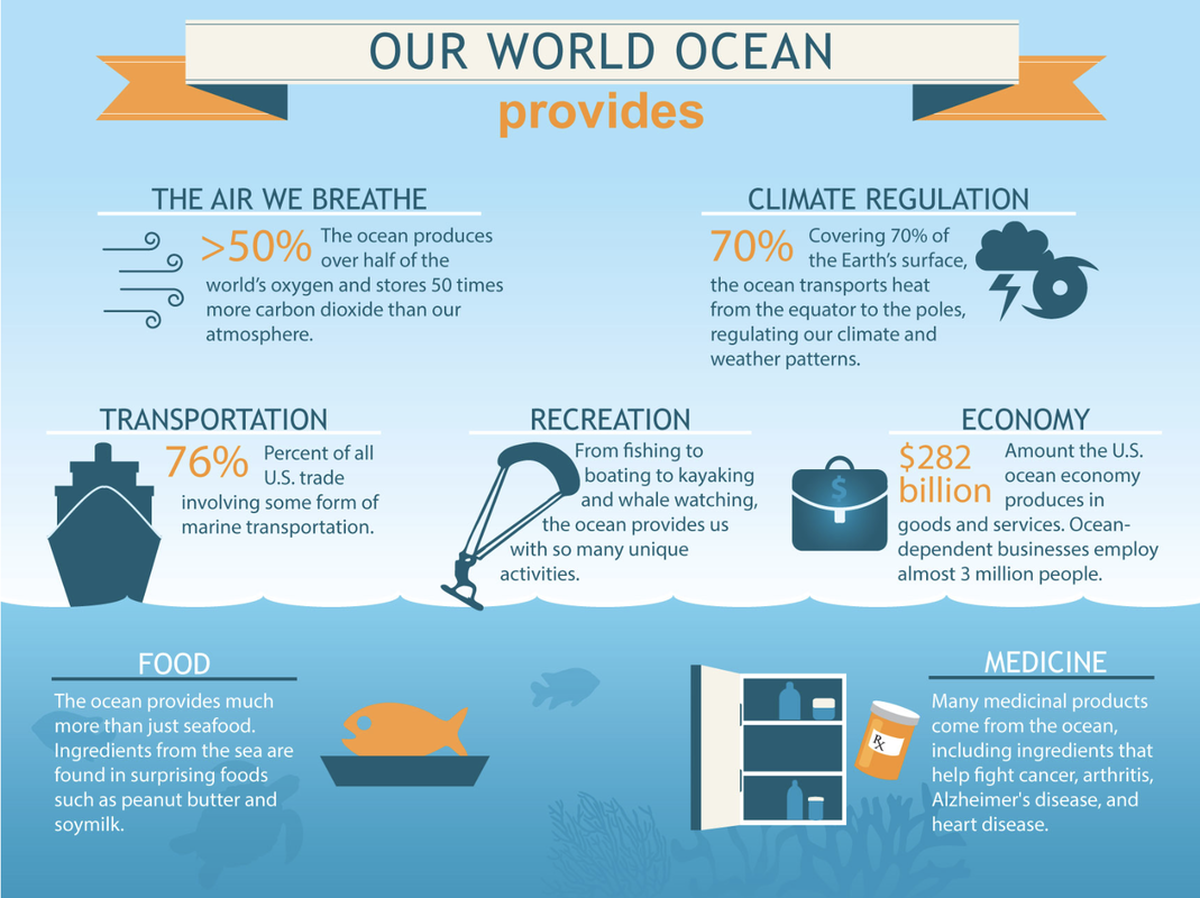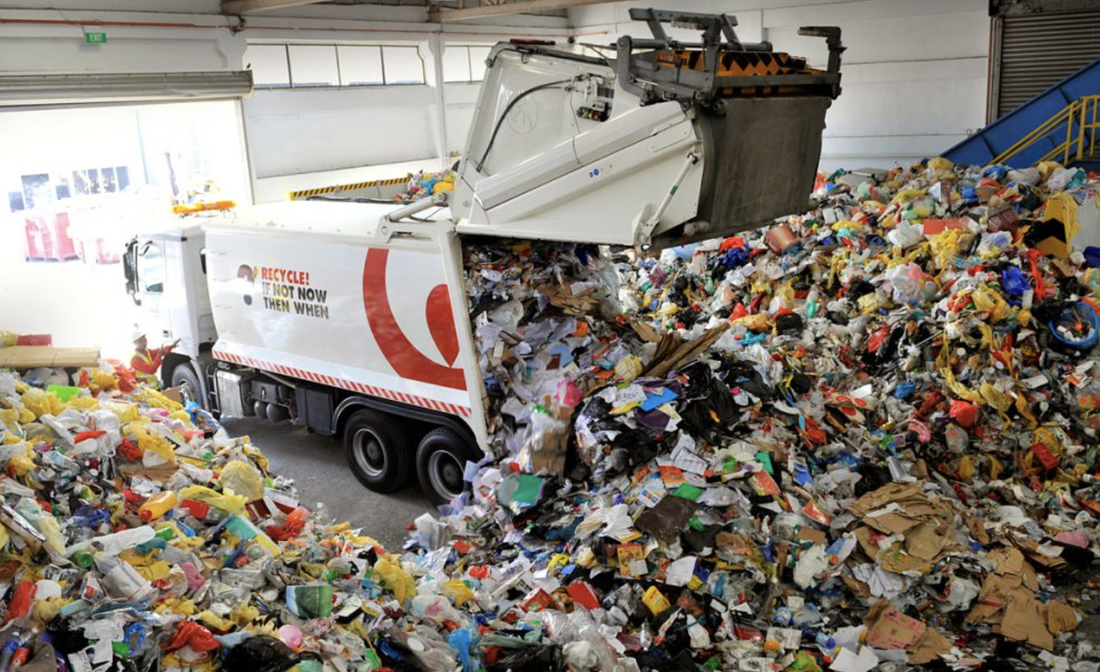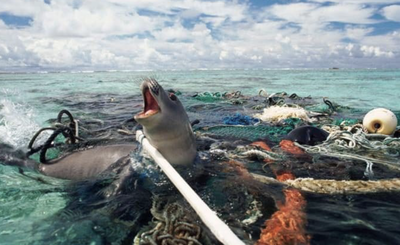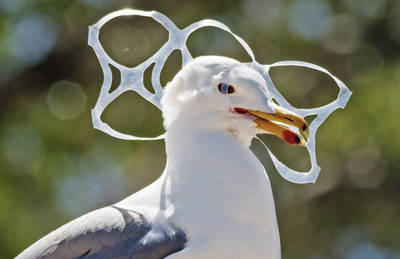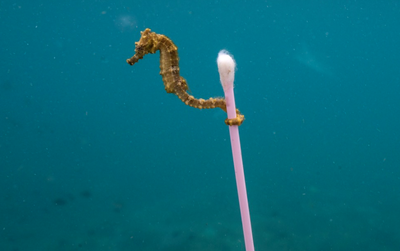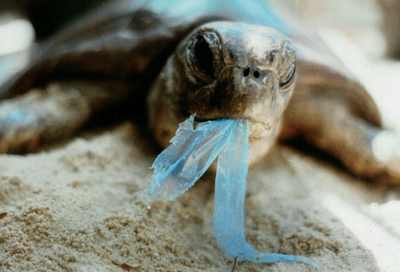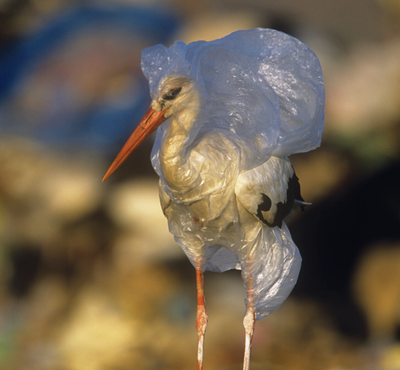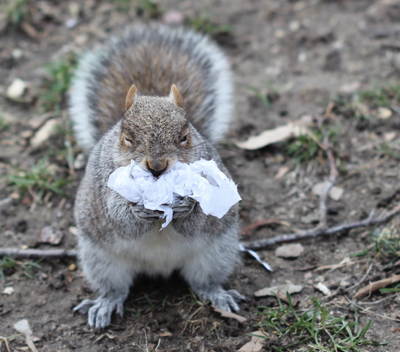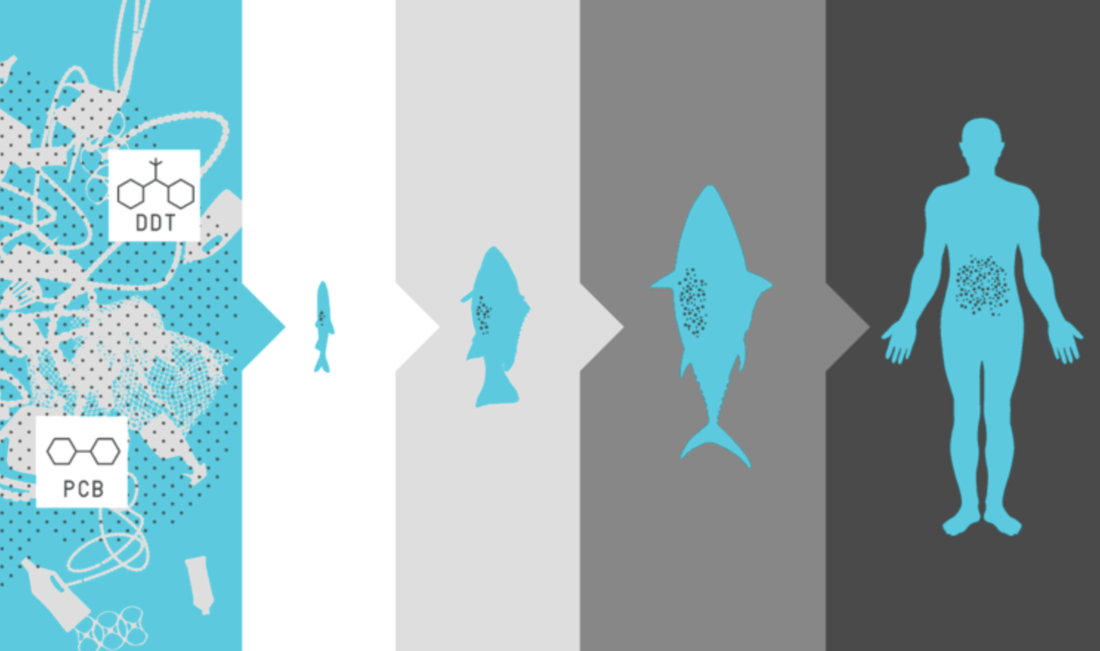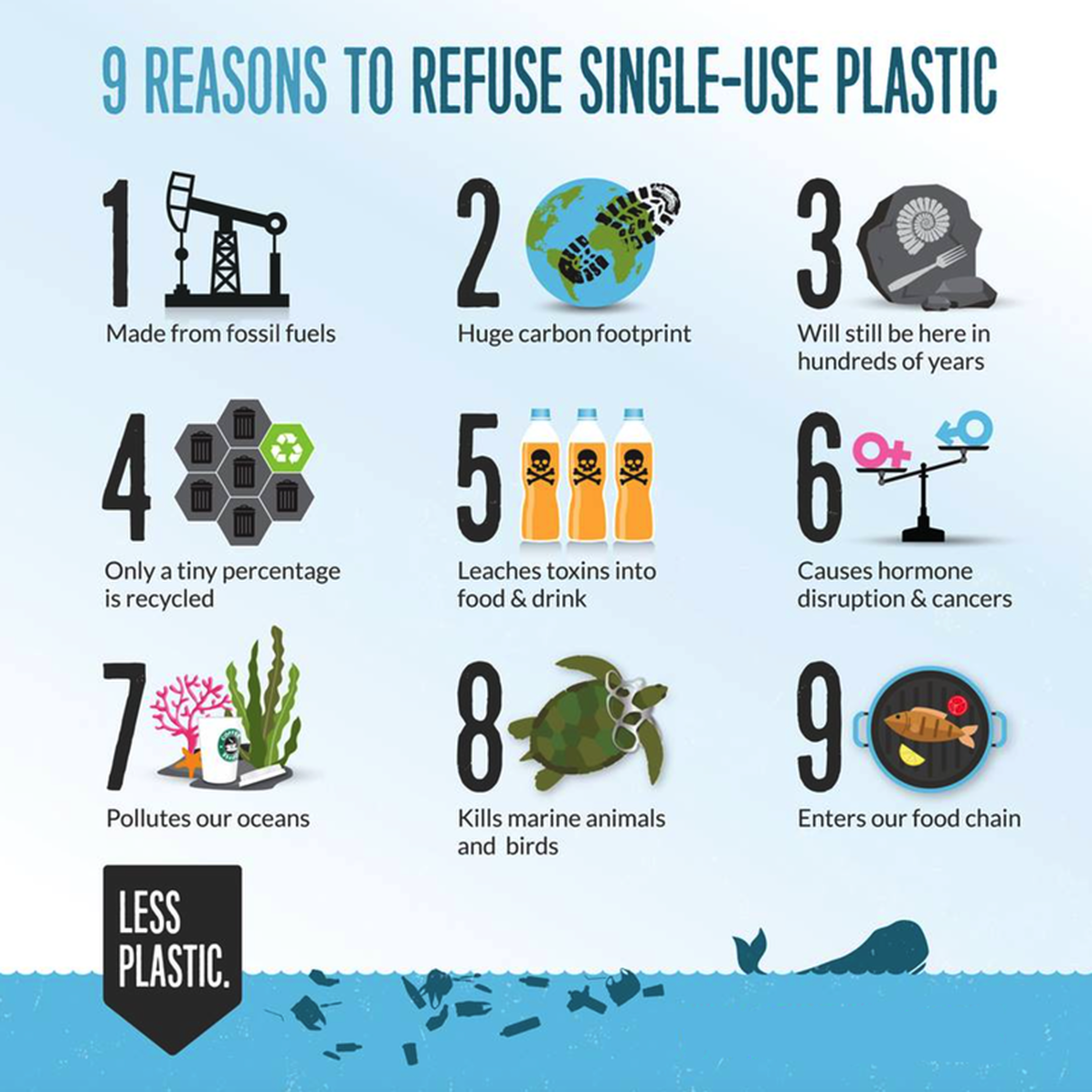Over the following ten years, the amount of marine plastic waste will double and if we do no longer act, in 2050 the oceans will comprise greater plastic waste than fish by weight. #HERplanetearthis committed to reversing that trend.
some plastic objects may be recycled. those encompass drink bottles, shampoo bottles, plastic bags, bread wrappers, and some takeaway food packing containers. these items will be labelled with a "recycling" symbol (see under). however, lots of plastic waste can't be recycled. The maximum commonplace varieties of plastic trash in Singapore are takeaway containers, plates, straws, and utensils. these can't be recycled because they're infected with meals waste. If these items are thrown into the recycling bin, the entire batch of recyclable items turns into infected and must be incinerated. In Singapore, as plenty as 50 percent of recyclables are infected! check for the "recycling" image before setting plastics within the recycling bin. Wash all plastics clean of meals waste and residue before recycling.
Not all plastic waste gets incinerated. A lot of plastic, especially light items like straws and plastic bags, get blown or swept away into our drains and into the sea. Plastic makes up 90 percent of marine litter. Plastic waste hurts and kills marine animals. Small animals are smothered in plastic bags, while large animals such as turtles and dolphins get trapped in plastic nets and plastic rings. Entangled animals die a slow death from starvation and suffocation.
What is plastic doing to our health?Fish and shellfish consume tiny plastic pieces, which accumulate when they are eaten by larger fish. Plastic itself is toxic, but it also absorbs lots of poisonous chemicals from the ocean. Many of these fish are caught and eaten by humans, along with the plastics and chemicals that they contain. Essentially, you are eating the plastic you put into the ocean. We still don't fully understand what consuming plastics can do to the body. However, plastics contain chemicals that are known to cause cancer, birth defects, immune system suppression, reproductive problems, and developmental problems in children.
WHAT'S SO BAD ABOUT PLASTIC BAGS?
Plastic bags are not biodegradable. They fly off thrash piles, garbage trucks, and landfills, and then clog storm water infrastructure, float down waterways, and spoil the landscape. If all goes well, they end up in proper landfills where they may take 1,000 years or more to break down into ever smaller particles that continue to pollute the soil and water.
Plastic bags also pose a serious danger to birds and marine mammals that often mistake them for food. Floating plastic bags regularly fool sea turtles into thinking they are one of their favorite prey, jellyfish. Thousands of animals die each year after swallowing or choking on discarded plastic bags. This mistaken identity issue is apparently a problem even for camels in the Middle East!
Plastic bags exposed to sunlight for long enough do undergo physical breakdown. Ultra-violet rays turn the plastic brittle, breaking it into ever smaller pieces. The small fragments then mix with soil, lake sediments, are picked up by streams, or end up contributing to the Great Pacific Garbage Patch and other oceanic trash deposits.
Finally, producing plastic bags, transporting them to stores, and bringing the used ones to landfills and recycling facilities require millions of gallons of petroleum, a non-renewable resource which can arguably be better used for more beneficial activities like transportation or heating.
STOP USING PLASTIC BAGS
Some businesses have stopped offering their customers plastic bags, and many communities are considering a ban on plastic bags - San Francisco was one of the first cities to do that in 2007. Some countries are experimenting with solutions like mandatory deposits, purchasing fees, and outright bans. Various grocery store chains now have policies to minimize use, including requesting a small fee to clients who would like plastic bags to be provided to them.
THE PLASTIC INDUSTRY RESPONDS
As with most environmental issues, the plastic bag problem is not as simple as it seems. Plastic industry groups like to remind us that compared to the paper bag alternative, plastic bags are light, have low transportation costs, and require comparatively little (non-renewable) resources to make, while generating less waste. They also are completely recyclable, provided your community has access to the right facilities. Their contribution to landfills is actually fairly small, and by the industry's estimate, 60% of people actually re-purpose and reuse their plastic bags. Of course, these arguments are less convincing when the comparisons are made against washable, sturdy reusable shopping bags.
Plastic bags are not biodegradable. They fly off thrash piles, garbage trucks, and landfills, and then clog storm water infrastructure, float down waterways, and spoil the landscape. If all goes well, they end up in proper landfills where they may take 1,000 years or more to break down into ever smaller particles that continue to pollute the soil and water.
Plastic bags also pose a serious danger to birds and marine mammals that often mistake them for food. Floating plastic bags regularly fool sea turtles into thinking they are one of their favorite prey, jellyfish. Thousands of animals die each year after swallowing or choking on discarded plastic bags. This mistaken identity issue is apparently a problem even for camels in the Middle East!
Plastic bags exposed to sunlight for long enough do undergo physical breakdown. Ultra-violet rays turn the plastic brittle, breaking it into ever smaller pieces. The small fragments then mix with soil, lake sediments, are picked up by streams, or end up contributing to the Great Pacific Garbage Patch and other oceanic trash deposits.
Finally, producing plastic bags, transporting them to stores, and bringing the used ones to landfills and recycling facilities require millions of gallons of petroleum, a non-renewable resource which can arguably be better used for more beneficial activities like transportation or heating.
STOP USING PLASTIC BAGS
Some businesses have stopped offering their customers plastic bags, and many communities are considering a ban on plastic bags - San Francisco was one of the first cities to do that in 2007. Some countries are experimenting with solutions like mandatory deposits, purchasing fees, and outright bans. Various grocery store chains now have policies to minimize use, including requesting a small fee to clients who would like plastic bags to be provided to them.
THE PLASTIC INDUSTRY RESPONDS
As with most environmental issues, the plastic bag problem is not as simple as it seems. Plastic industry groups like to remind us that compared to the paper bag alternative, plastic bags are light, have low transportation costs, and require comparatively little (non-renewable) resources to make, while generating less waste. They also are completely recyclable, provided your community has access to the right facilities. Their contribution to landfills is actually fairly small, and by the industry's estimate, 60% of people actually re-purpose and reuse their plastic bags. Of course, these arguments are less convincing when the comparisons are made against washable, sturdy reusable shopping bags.
https://www.herplanetearth.com/reduce-plastic-waste.html

